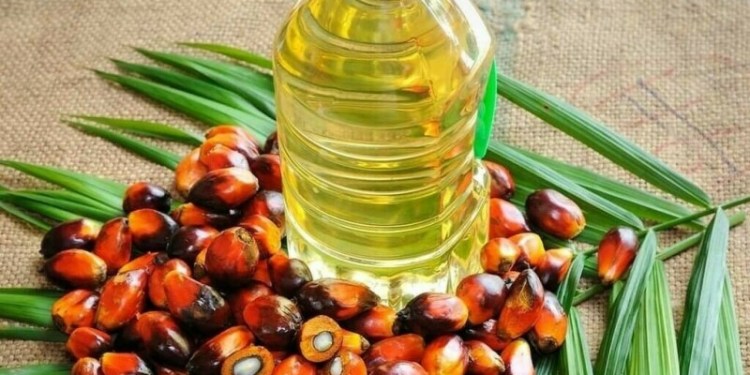JAKARTA: Malaysian palm oil futures closed higher and reversed early losses on Thursday, supported by gains from rival vegetable oils at the Dalian market.
The benchmark palm oil contract for January delivery on the Bursa Malaysia Derivatives Exchange gained 33 ringgit or 0.67%, to 4,950 ringgit ($1,125.00) a metric ton on the closing.
Dalian’s most-active soyoil contract rose 1.78%, while its palm oil contract gained 2.8%. Soyoil prices on the Chicago Board of Trade were down 0.56%.
Palm oil tracks the price movements of rival edible oils as it competes for a share in the global vegetable oils market.
Indonesia’s government is proposing to increase the mandatory blend of palm oil-based fuel in biodiesel to 50% in 2028, Edi Wibowo, director of bioenergy at the Energy and Mineral Resources Ministry, told an industry conference on Thursday.
India’s vegetable oil imports are estimated to decline further in the 2024-25 season to 15 million tons, as favourable weather will likely boost domestic production, an industry group said at the conference.
India’s palm oil imports surged 59% in October to a three-month high compared to the previous month, as refiners boosted purchases to replenish stocks depleted by lower-than-usual imports in recent months and a strong festive demand.
Palm oil rises mirroring Dalian and Chicago soyoil prices
The ringgit, palm’s currency of trade, traded flat against the U.S. dollar on the closing. A weaker ringgit makes vegetable oil cheaper for buyers holding foreign currencies.
Oil held steady on Thursday after a sell-off triggered by the U.S. presidential election, with a stronger dollar and lower crude imports in China balancing supply risks from a Trump presidency and output cuts caused by Hurricane Rafael.
Stronger crude oil futures make palm a more attractive option for biodiesel feedstock.

Source: Brecorder




























